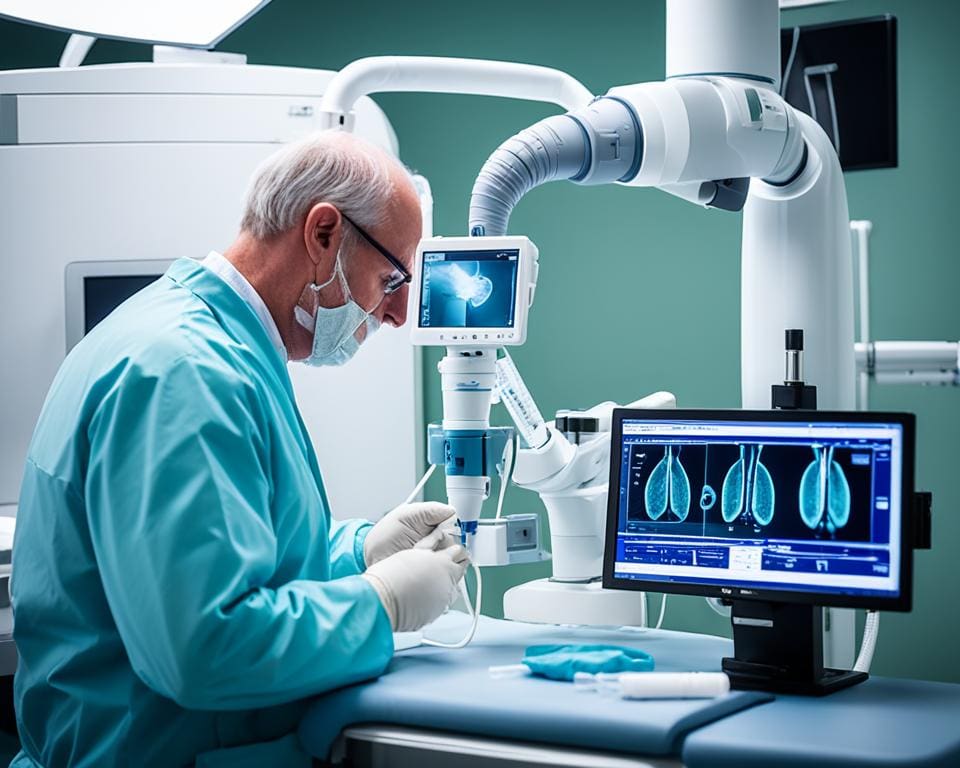Taking control of your health starts with understanding the critical role of colonoscopy screening in preventative care. This vital procedure can detect various diseases early, significantly reducing the risks associated with colon cancer and colorectal cancer. By using a specialized scope, healthcare professionals visualize the inner lining of the colon, identifying issues such as polyps, inflammation, and other abnormalities. According to the American Cancer Society, the early detection of colon cancer is key in lowering death rates. Regular screenings are recommended, especially starting at age 45, or earlier for those at elevated risk. Join us as we delve into what diseases can be detected by a colonoscopy and the transformative impact of this essential health measure.
Understanding the Importance of Colonoscopy Screening
Colonoscopy screening plays a vital role in maintaining gastrointestinal health and preventing serious diseases. This procedure not only helps in detecting what diseases can be detected by a colonoscopy, but it also allows for the early detection of colon cancer, leading to improved treatment outcomes and higher survival rates.
The Role of Colonoscopy in Early Disease Detection
Through colonoscopy, healthcare professionals can identify precancerous polyps and other abnormalities in the colon early. The early detection of colon cancer significantly increases the chances of successful treatment. Statistics show that timely screenings can lead to a 90% survival rate for those diagnosed with colon cancer. Regular colonoscopy screenings enable immediate removal of polyps, reducing the risk of these potentially cancerous growths developing further.
Who Should Consider Getting a Colonoscopy?
Guidelines recommend that individuals begin colonoscopy screening at age 45. Those with heightened risk factors, such as a family history of colon cancer, inflammatory bowel disease, obesity, or poor dietary habits should discuss personalized screening schedules with their healthcare providers. Early intervention is crucial, particularly for individuals at higher risk for developing colorectal cancer, emphasizing the importance of proactive health management.

What Diseases Can Be Detected by a Colonoscopy
Understanding what diseases can be detected by a colonoscopy is essential for maintaining digestive health. This procedure plays a crucial role in identifying conditions like colon cancer, colorectal cancer, and other serious gastrointestinal disorders. Awareness of these issues can lead to prompt action and effective treatment.
Colon Cancer and Its Early Warning Signs
Colon cancer remains a significant health concern, often manifesting through early warning signs. Changes in bowel habits, unexplained weight loss, and persistent abdominal discomfort are common indicators. The early detection of colon cancer can lead to better treatment outcomes. Recognizing these signs and scheduling regular screenings can drastically improve life expectancy for those affected.
Colorectal Cancer: Risks and Detection Methods
Colorectal cancer is influenced by various risk factors, including age, family history, and lifestyle choices. Routine screening methods like colonoscopy provide insight into one’s colorectal health. Regular colon cancer screenings allow healthcare providers to identify precancerous growths and initiate necessary interventions, ultimately reducing the risk associated with this disease.
Colon Polyps Detection: Preventive Measures
Colon polyps detection holds paramount importance in colon cancer prevention. While many polyps are benign, some may evolve into cancerous growths if neglected. During a colonoscopy, detected polyps are often removed, contributing significantly to cancer prevention. Adopting a routine screening schedule can greatly mitigate the threat of developing colorectal cancer.
Identifying Inflammatory Bowel Disease
Colonoscopy serves as a vital tool in diagnosing inflammatory bowel disease (IBD), including conditions such as Crohn’s disease and ulcerative colitis. Symptoms like chronic diarrhea, abdominal pain, and significant weight loss should prompt a consultation with healthcare professionals. Early diagnosis through colonoscopy leads to effective management options, enhancing overall quality of life and preventing severe complications.
Benefits of Regular Colonoscopy for Digestive Health
Regular colonoscopy screenings play a pivotal role in maintaining your gastrointestinal health. These procedures not only help in early detection of what diseases can be detected by a colonoscopy, such as colorectal cancer, but also bring to light other significant conditions like bleeding, infections, and diverticulosis. The insights gained from a colonoscopy can vastly improve the management of various gastrointestinal issues, allowing for timely interventions that can enhance overall health outcomes.
The American Society for Gastrointestinal Endoscopy underscores the importance of routine colonoscopy screening in reducing hospitalization rates related to digestive disorders. By proactively engaging in these assessments, individuals secure a pathway to optimal digestive health and well-being. Moreover, knowing that you’re actively monitoring your health can provide a profound sense of reassurance, enabling you to lead a life filled with vitality and positivity.
In essence, the benefits of regular colonoscopy screenings extend far beyond mere diagnostics. By prioritizing this preventive care, you embark on a journey toward enhanced gastrointestinal health. Creating awareness around the need for regular screenings empowers individuals to take charge of their health, transforming anxiety into proactive management, ultimately leading to a more fulfilling life.









